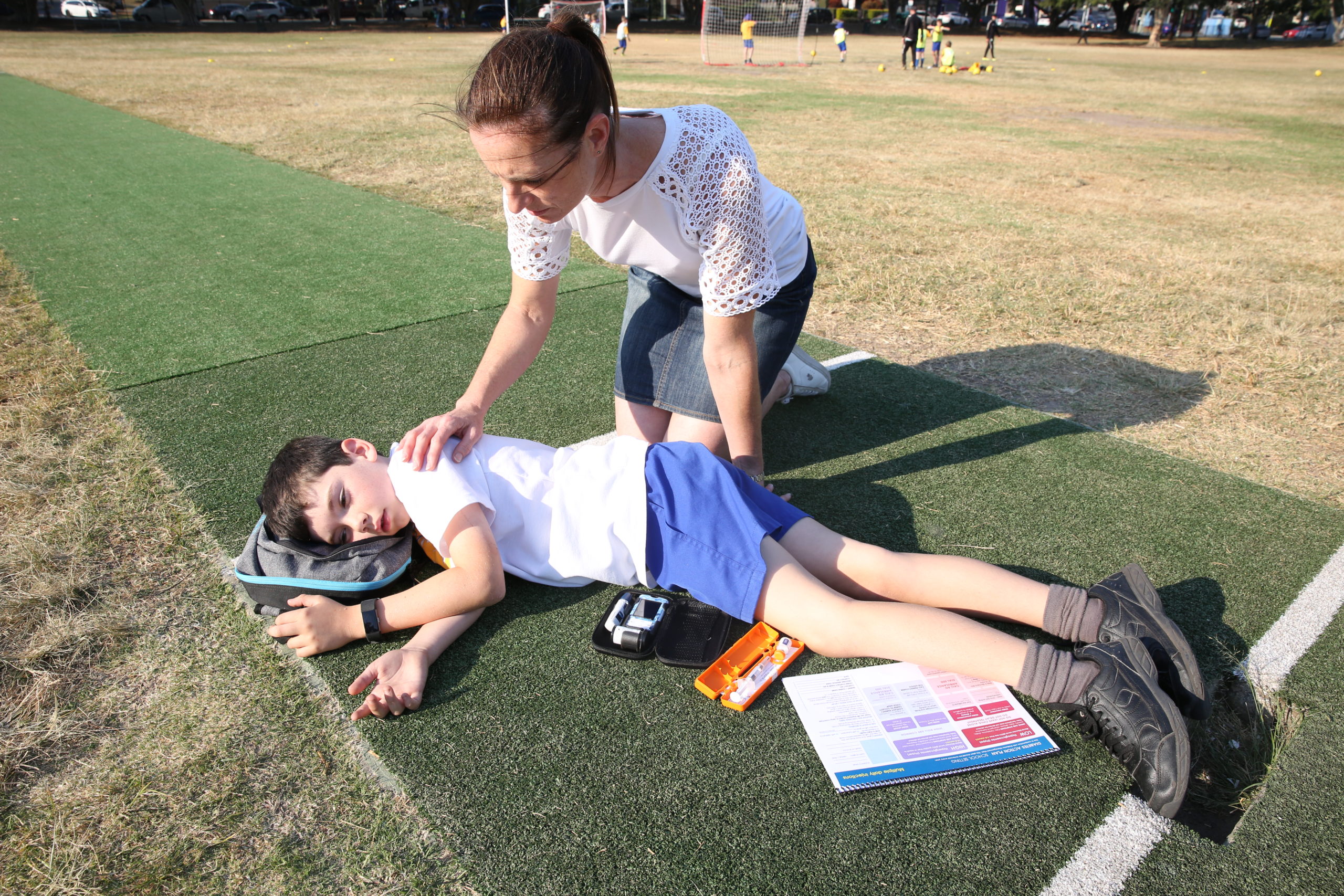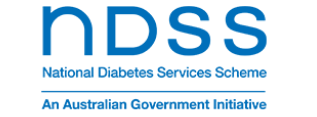This Article is an Introduction to Legislation
Schools owe a duty of care to students and staff to ensure a safe environment and to avoid foreseeable risks of harm. This is a non-delegable duty of care, which means the school has the ultimate responsibility for the safety and well-being of students even if specific responsibilities are delegated to particular staff members. Additionally, it means all school staff owe a duty of care to students and others in the school environment, which also requires that all school staff take reasonable steps to avoid foreseeable harm.
There are foreseeable risks of harm for students with type 1 diabetes. This means that the school and school staff must take reasonable precautions to protect students and staff against such risks of harm. The school should implement processes and safeguards to support students with diabetes to ensure their safety as well as for the safety of other students and staff.
The school’s non-delegable duty of care to students also means that if there is a failure to implement appropriate safeguards and measures to support a student with diabetes the school is likely to be liable if that student suffers harm as a consequence of the failure. This is the case even if the harm arises due to the actions of another person such as a school staff member.
Although individual staff members owe a duty of care to students generally the school or school authority is vicariously liable for the negligence of school staff performing duties in the course of their employment.
This is likely to include circumstances where a designated staff member makes an error in administering insulin or is unable to properly administer or supervise the administration of insulin due to a lack of appropriate training.
Failure to manage type 1 diabetes in the short to medium term can impact a student’s ability to learn and participate at school. In rare cases, it can place students at increased risk of serious and immediate health complications such as unconsciousness as a result of very low blood glucose levels. This means that there is a significant legal risk to the school in failing to implement a safe system and failing to support a student with type 1 diabetes.
In summary, there are a number of key measures relevant to ensuring that the school meets the relevant legal and policy obligations. The implementation of these measures is the responsibility of the principal, but it requires:
Implementing a student’s diabetes management plan
Ensuring that the student’s individual diabetes management plan is effectively implemented in the school setting and that appropriate measures are in place to enable staff to support the student’s needs, as set out in the student’s plan. >> Read More
Ensuring that there is access to training and education
Ensuring that all school staff who play a role in supporting the student are appropriately trained so that staff are able to discharge their duty of care to students. >> Read More
Communication
Communicating with members of the school type 1 diabetes team is fundamental so that each party can understand each other’s roles and responsibilities, as well as ensuring that any changes or adjustments to the child’s needs are communicated effectively to school staff, including the designated staff member. >> Read More
The non-delegable duty of care that exists in the school setting requires that principals:
- Understand their obligations under the law
- Effectively communicate with all school staff about the needs of students with diabetes and any adjustments that have been agreed between the school, parents and carers and the student to support the student’s participation at school
- Ensure that all school staff understand their duty of care to the student
- Ensure that all school staff undergo at least Level 1 Diabetes in Schools training so that staff can identify when a student with diabetes needs assistance and know what to do should a student need emergency or urgent attention due to their diabetes
- Identify staff members willing to undertake further training to become designated staff who will assist students with daily diabetes management needs such as blood glucose monitoring and/or administration of insulin, as defined in their diabetes management plan
- Facilitate good relationships and communication between school staff, parents and health professionals
- Work in consultation with parents and students (where appropriate) to implement ‘reasonable adjustments’ to support students with diabetes and ensure that they are able to participate at school
- Ensure that any requests for changes to clinical aspects of the student’s diabetes management plan raised by parents or carers are confirmed with the student’s clinical treating team – this is necessary to ensure that such changes are appropriate and that staff supporting the student are meeting their duty of care to the child and
- Ensure that there are appropriate arrangements concerning the accessibility and storage of medications in the school setting to balance the needs of students with diabetes as well as safeguard the safety of other students and staff.









